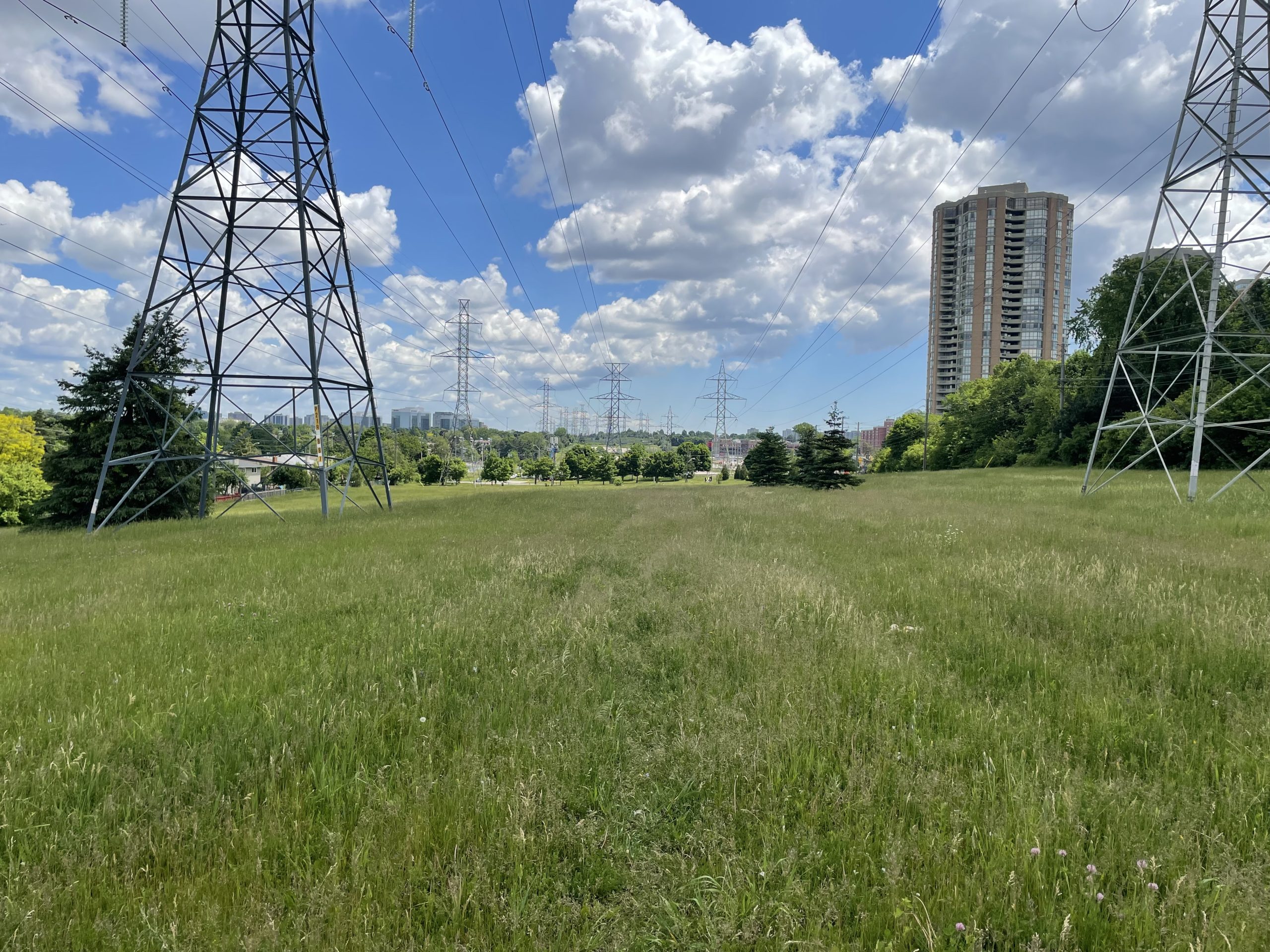Premier
Doug Ford‘s government is appealing a Superior Court decision from last month that found its plan to remove several Toronto
bike lanes was unconstitutional.
The government served a notice of appeal on Thursday to CycleToronto and the cycling advocates who
launched the court campaign.
A
decision by Superior Court Justice Paul Schabas on July 30 had found that sections of the Ontario government’s Bill 212, the Reducing Gridlock, Saving You Time Act, violated the Charter by infringing on cyclists’ rights to life and security of person. Parts of that bill, which became law in November, called for the removal of protected bike lanes on Yonge, University and Bloor streets. Immediately after Schabas’ decision was released, the province pledged to file an appeal.
In its notice of appeal, the government said Schabas and the Superior Court “exceeded its jurisdiction and proper constitutional role and made multiple errors of law.”
The Charter challenge was initially launched by cycling advocates, including CycleToronto, in December.
“We were elected by the people of Ontario with a clear mandate to restore lanes of traffic and move bike lanes off of major roads to secondary roads to get drivers moving,” said Dakota Brasier, a spokesperson for the minister of transportation, in a statement Friday, adding the government will “continue with the design work necessary to begin removals of bike lanes and get some of our busiest roads moving, as soon as possible.”
Michael Longfield, executive director of CycleToronto, said Schabas’ initial decision gives him confidence.
“We’re on the right track,” he said. “I think if the premier were to sit down and pause and think this through in terms of ... what his own experts are saying, he could really help meaningfully move Torontonians and Ontarians more efficiently across the city, instead of picking these fights and this bad-faith culture war.”
The premier, at an unrelated press conference in early August, had
lambasted Schabas’ decision as “the worst case of trampling on people’s rights I’ve ever, ever seen in the courts. Ever.”
He declined to comment on whether his government would use the notwithstanding clause to override the court’s decision, and instead said he would wait for a ruling at the Court of Appeals.
The premier and his government campaigned on removing bike lanes in Toronto’s downtown core
during February’s election. The provincial government argued that road space dedicated to cyclists was taking away road space from drivers, contributing to congestion, and cyclists should instead be
diverted to “secondary roads.”






